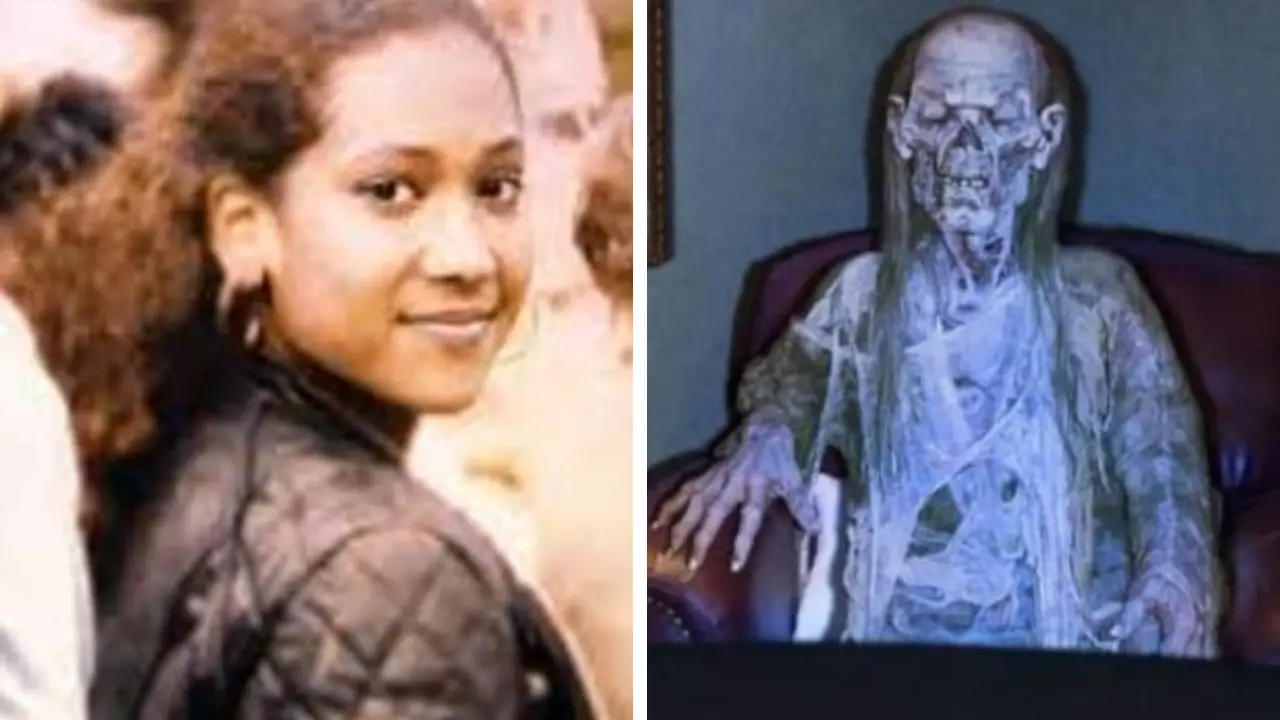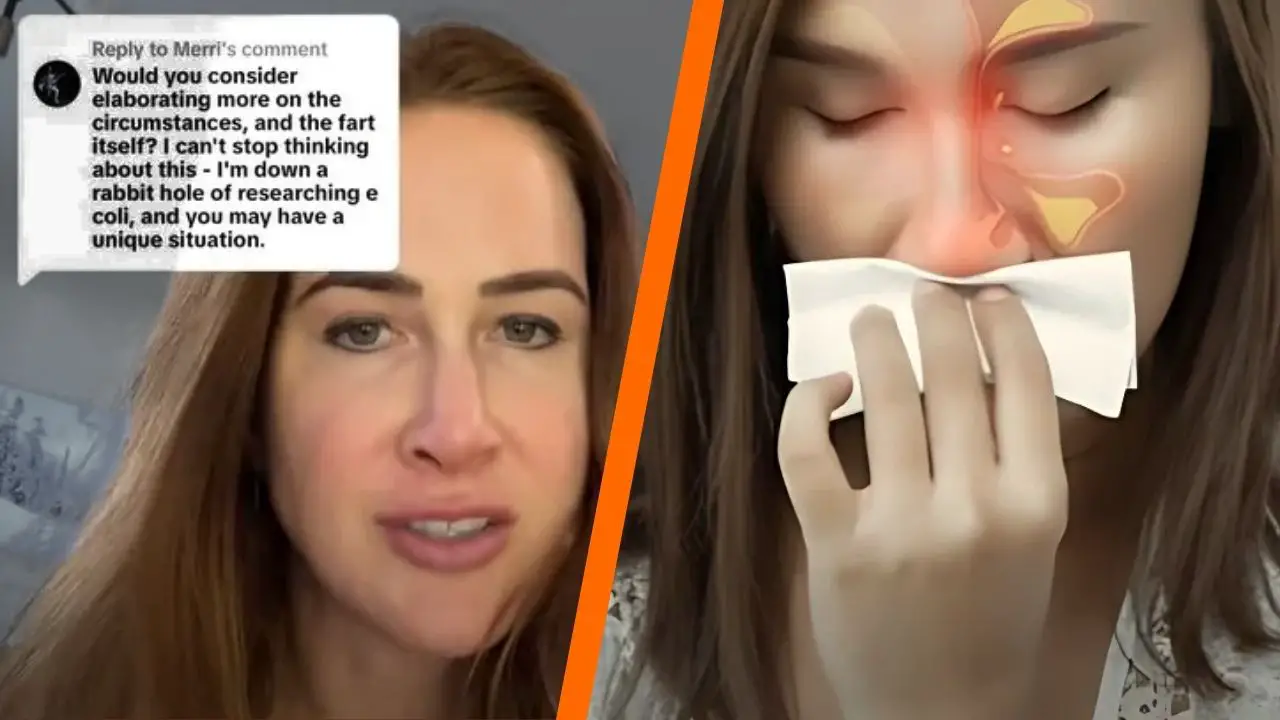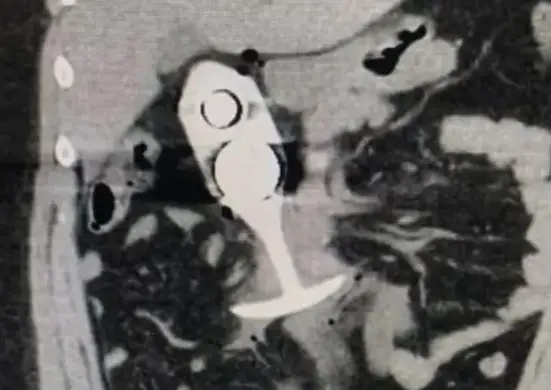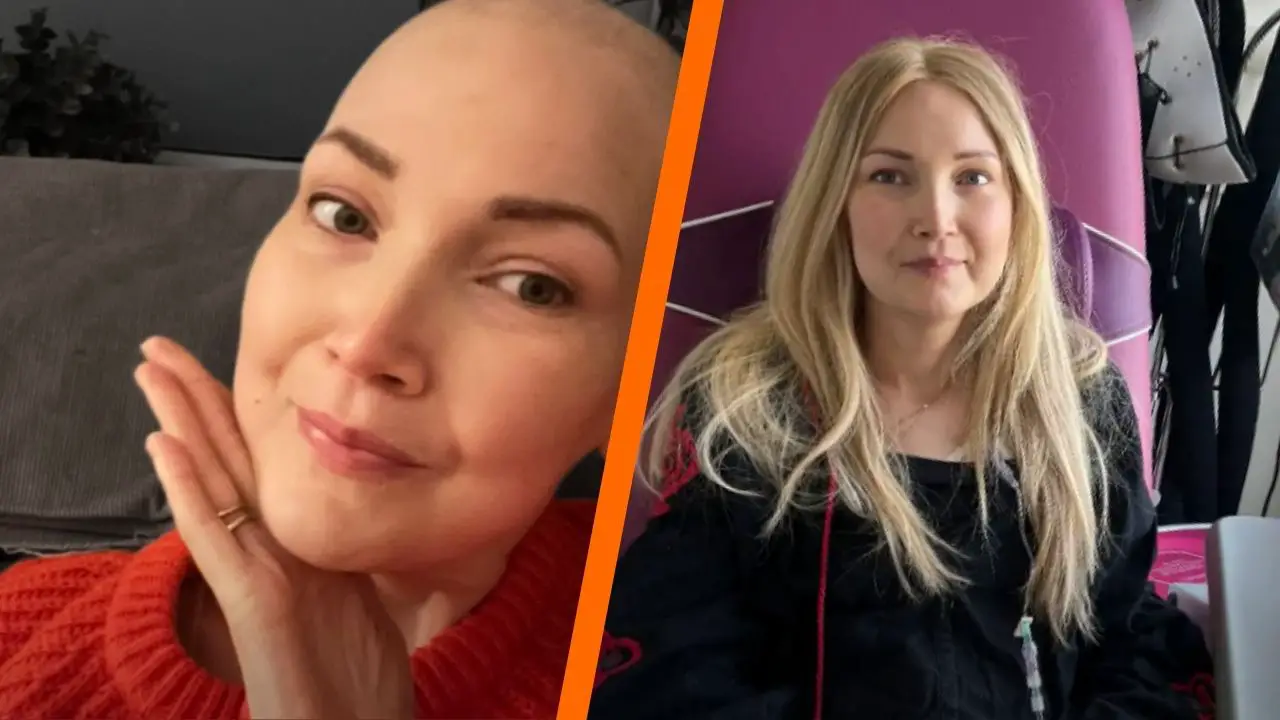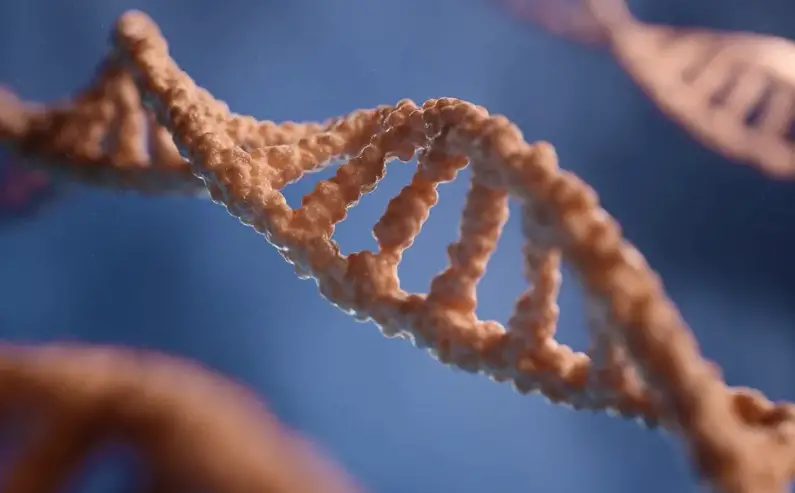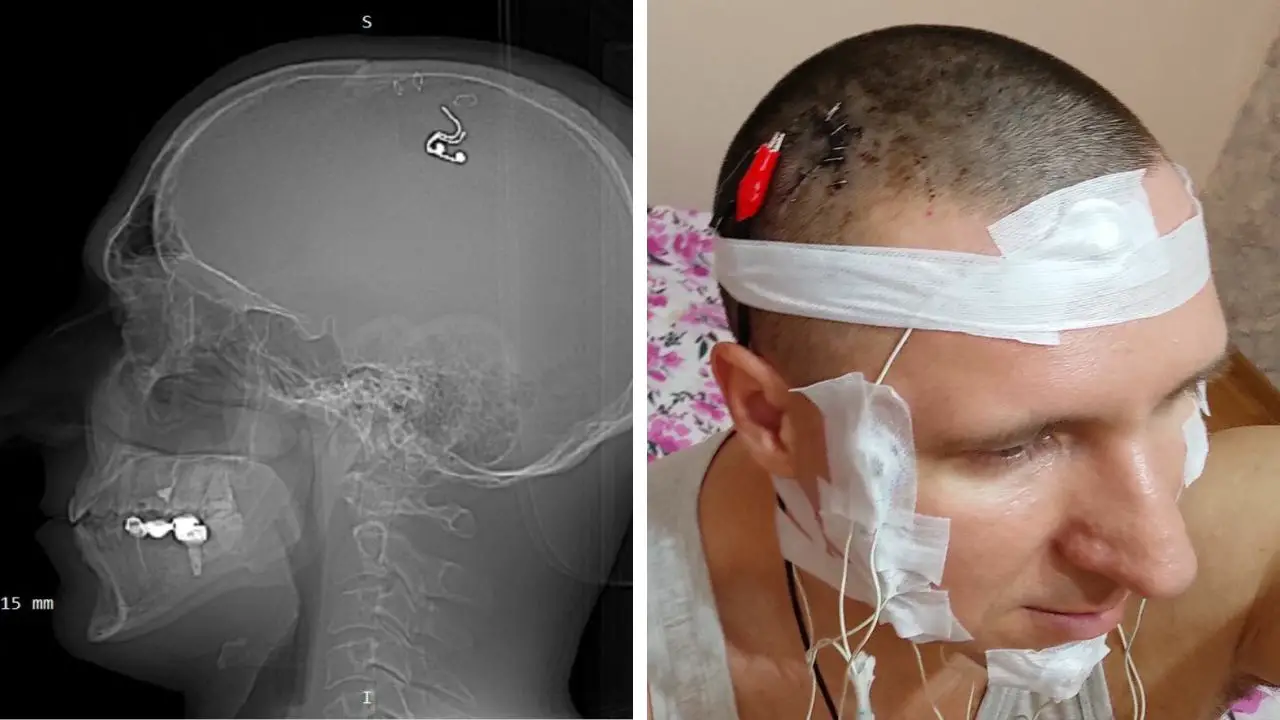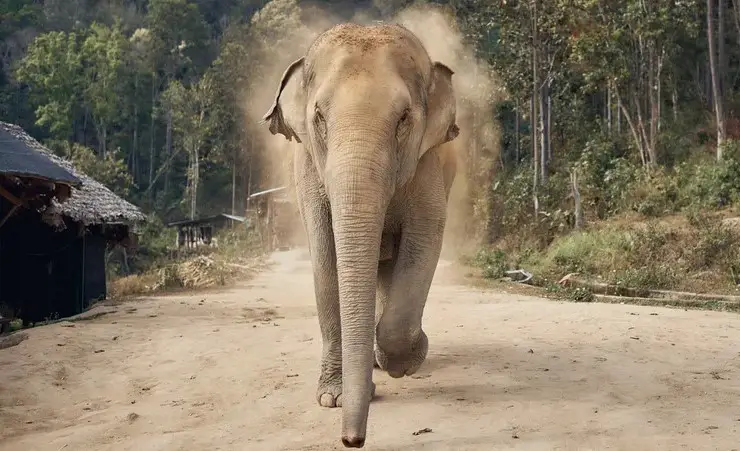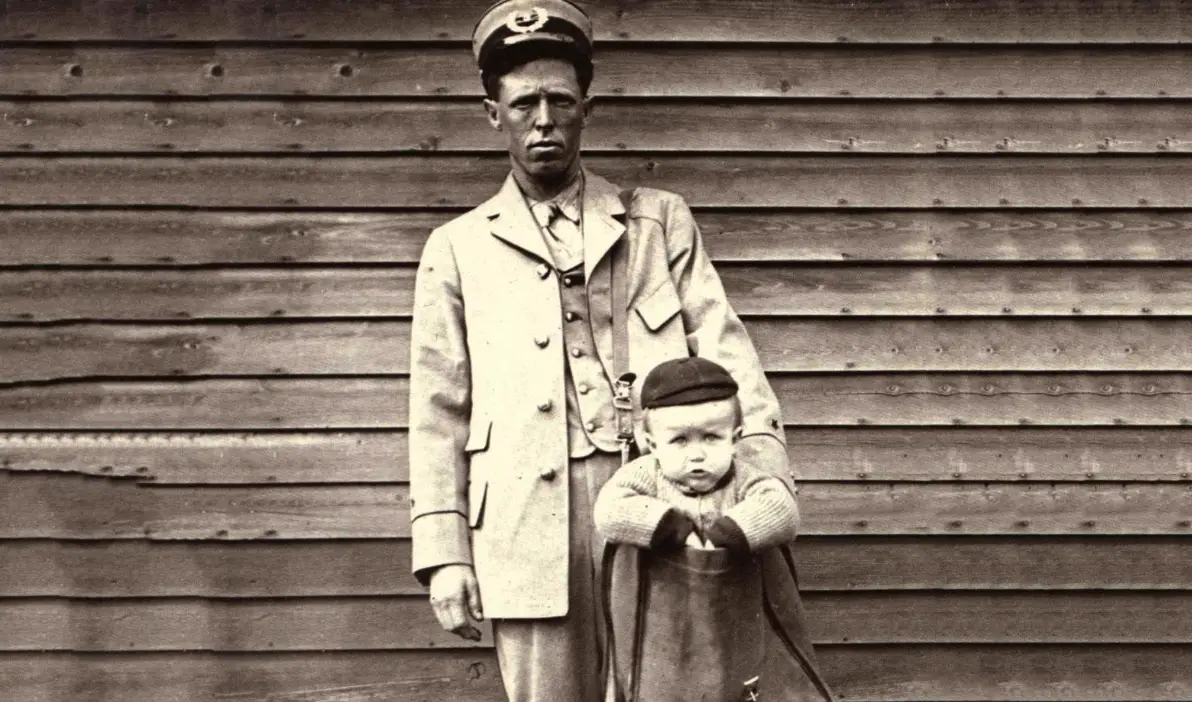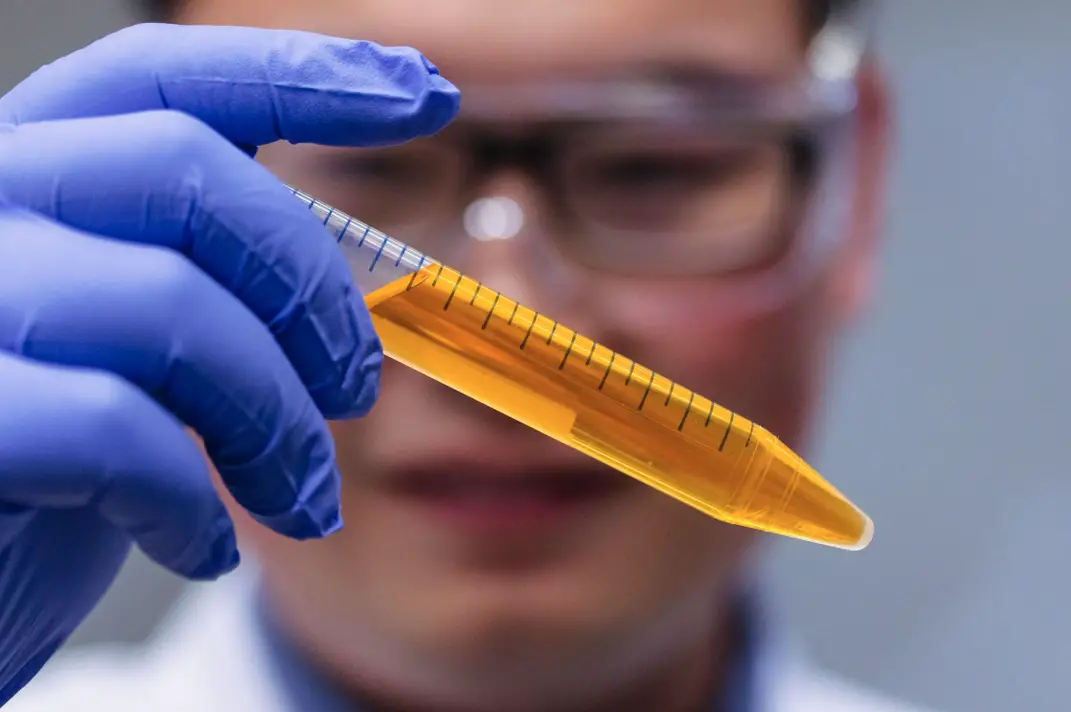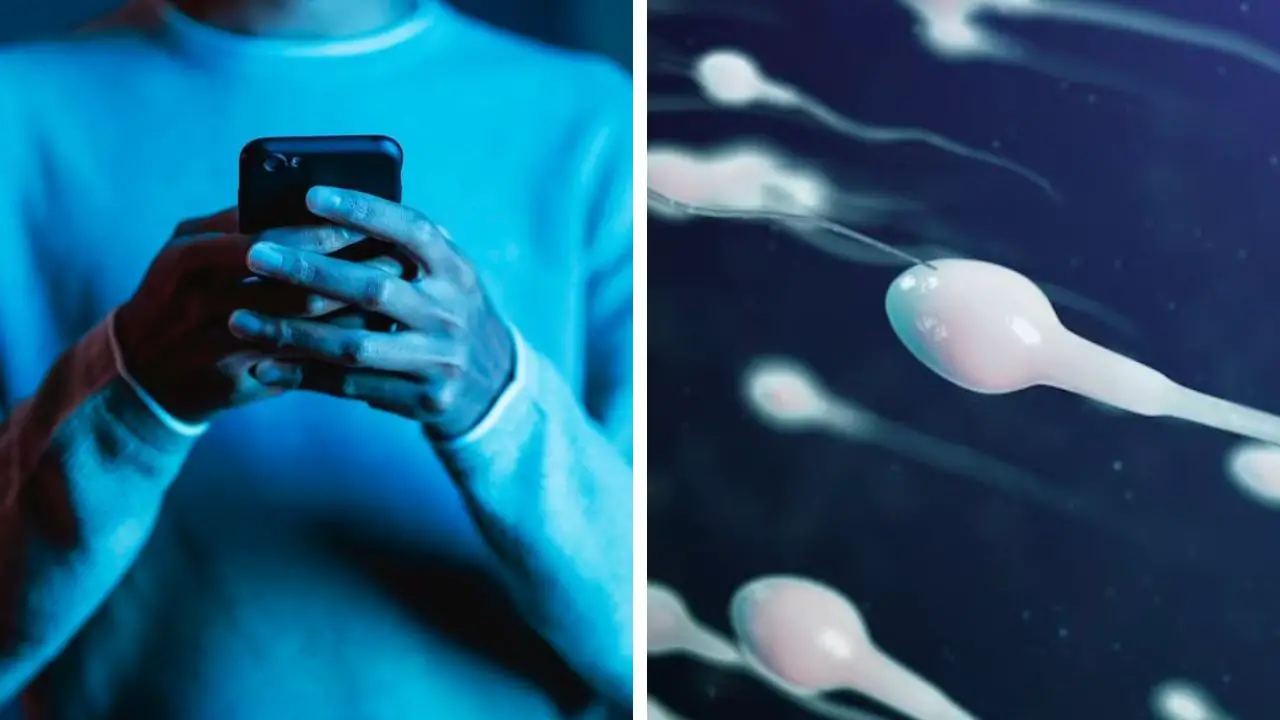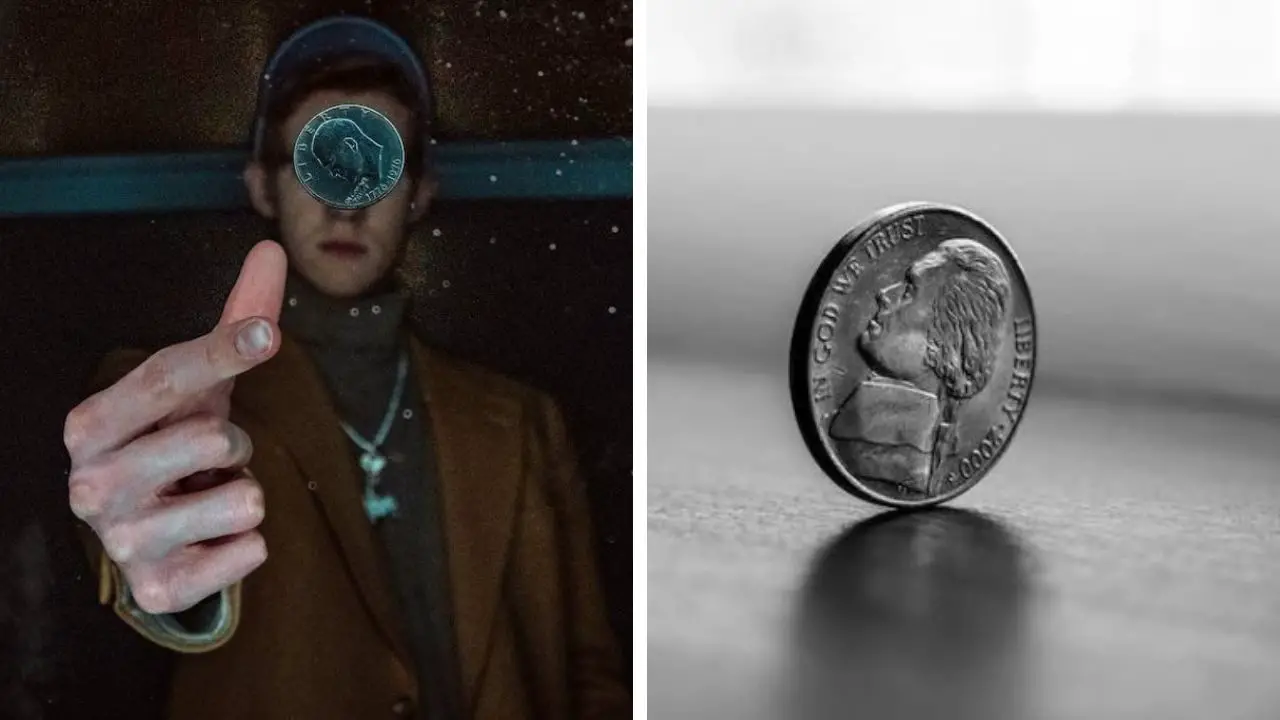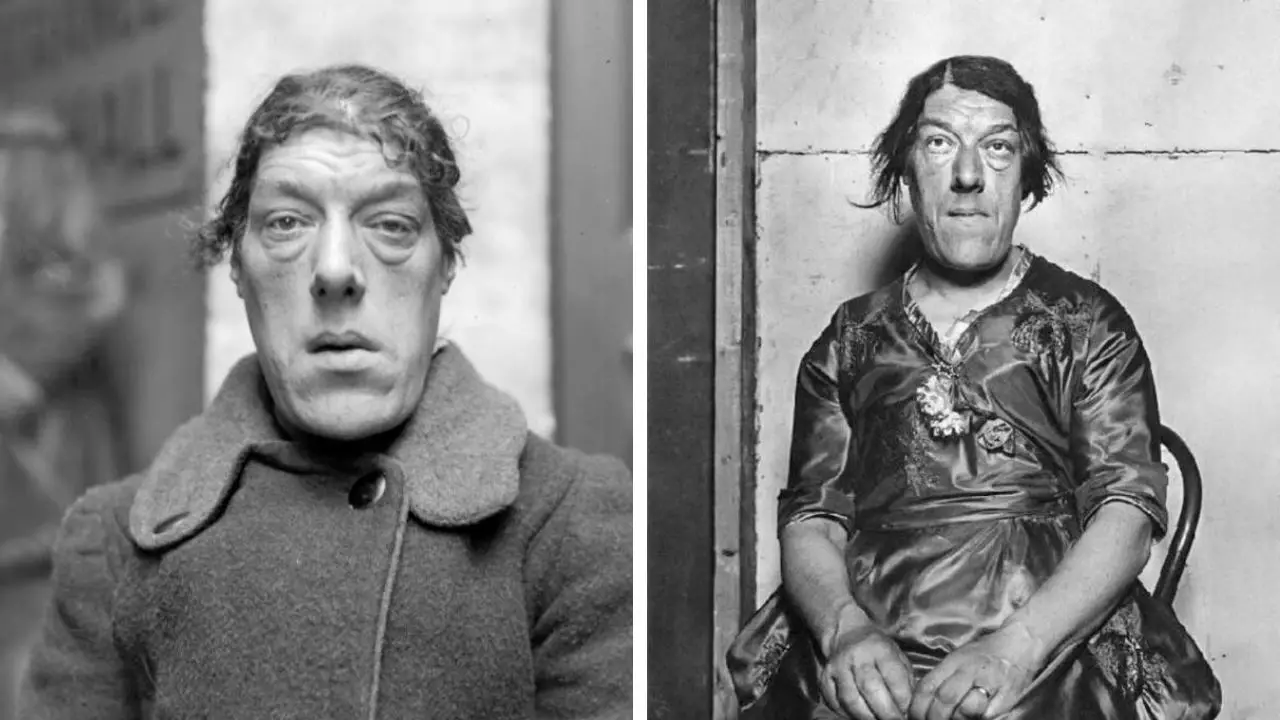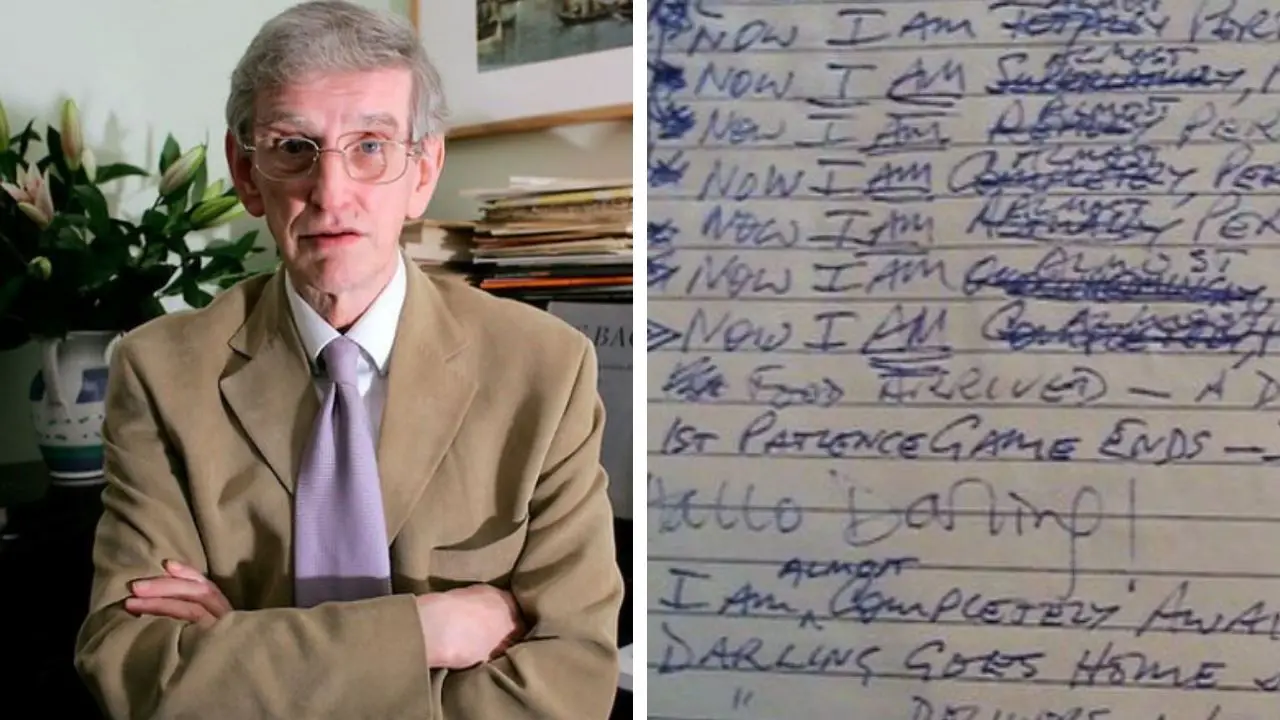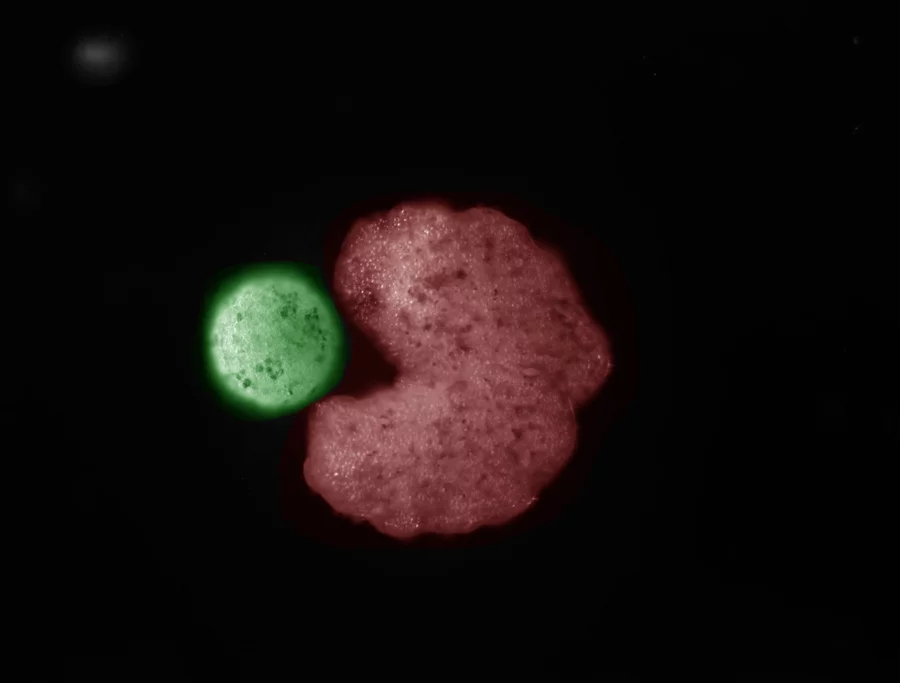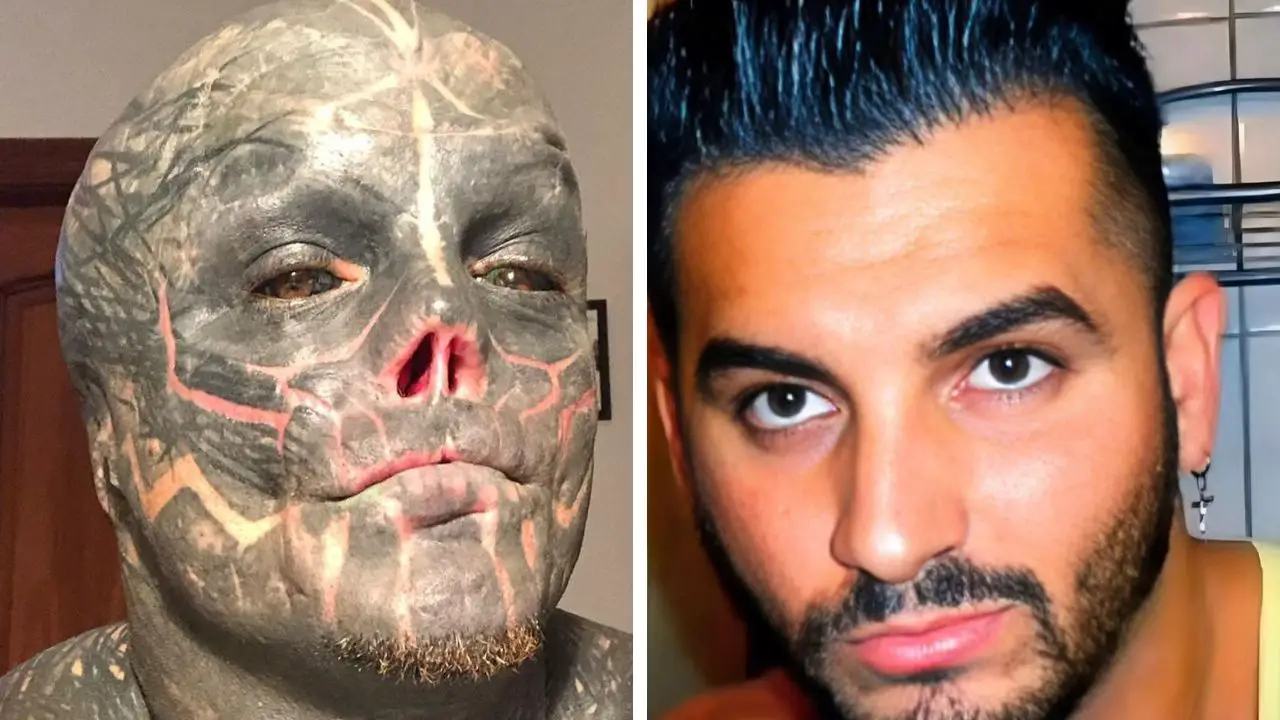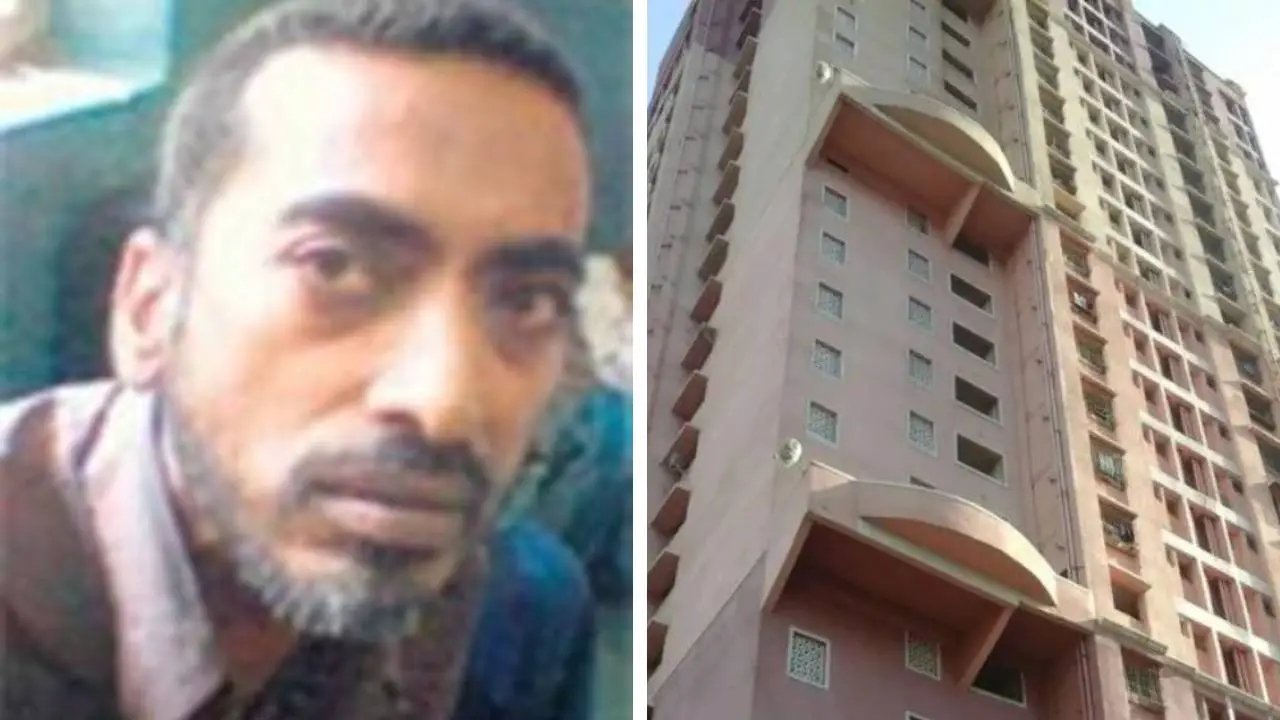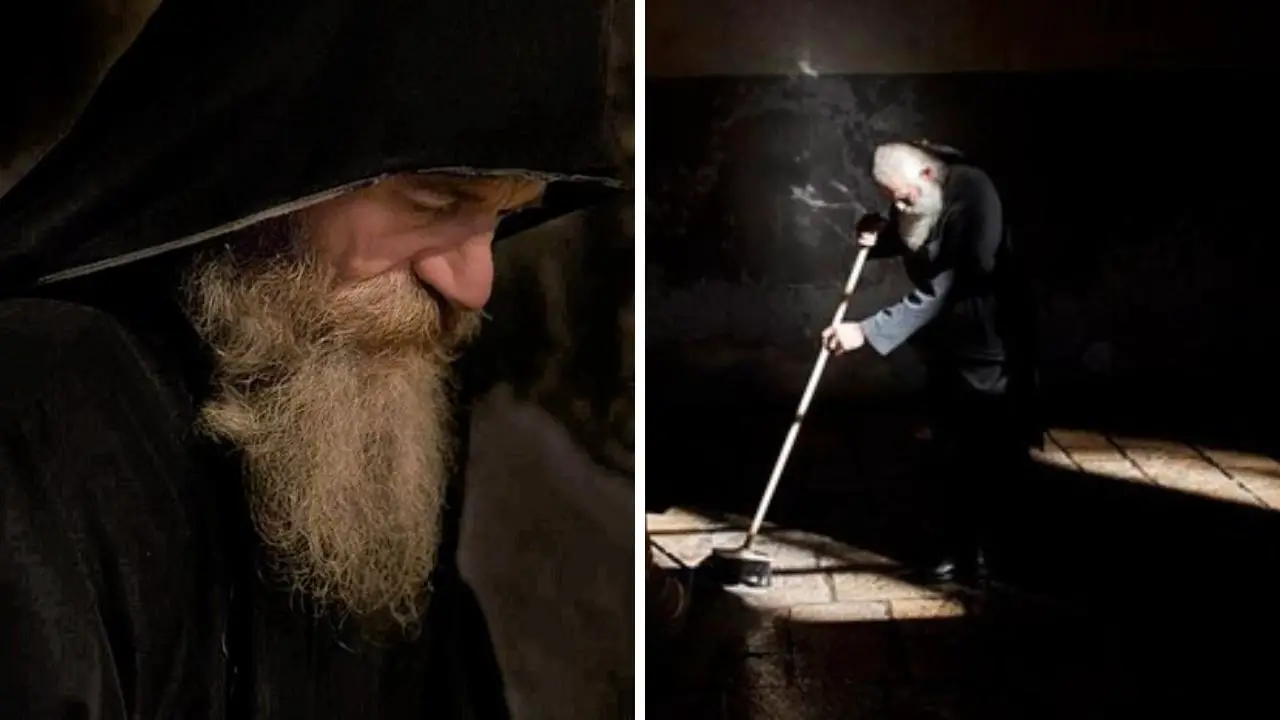Chinese man wakes up from 10-year-long coma, thanks to wife’s unconditional care
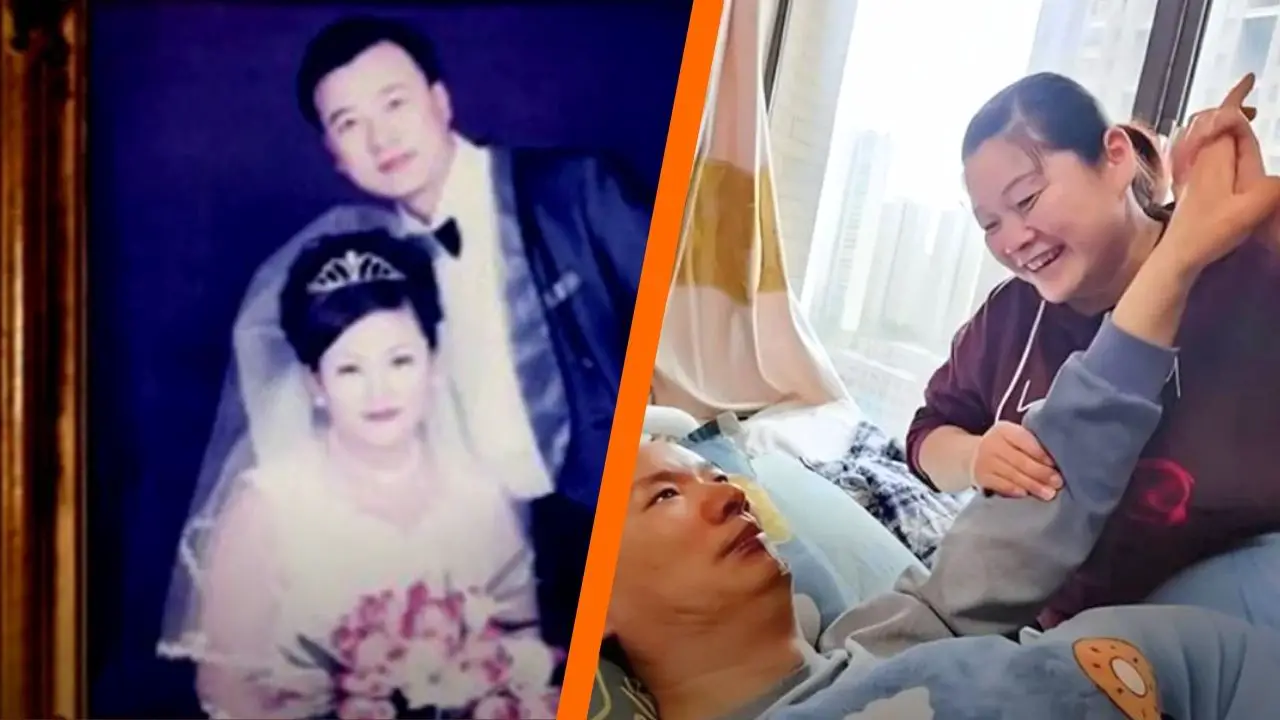
Anhui Province, China — In an extraordinary testament to love and resilience, a woman from eastern China has become a national symbol of unwavering devotion after her husband emerged from a decade-long vegetative state, reuniting a family once fractured by tragedy.
Sun Hongxia, 48, from Anhui Province, has captured the hearts of millions across mainland social media, with her story underscoring the profound power of familial commitment against unimaginable odds.
Lead:
For ten years, Sun Hongxia devoted every waking moment to caring for her husband, who slipped into a vegetative state following a catastrophic heart attack in 2014.
This month, her perseverance was rewarded when he awoke, marking a miraculous turn in a journey that has drawn widespread admiration and moved a nation.
“Although I’m very tired, I feel all is worthwhile as the family is reunited,” Sun told Dawan News, her voice trembling with emotion.
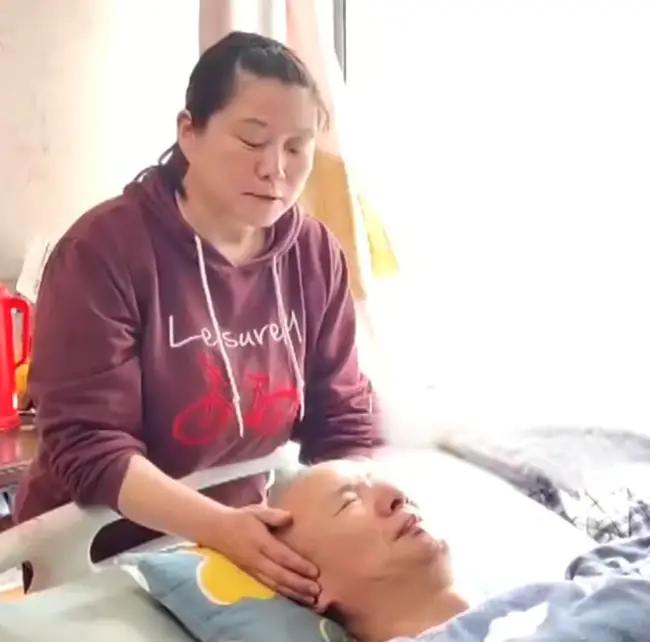
Background:
The couple’s ordeal began abruptly in 2014 when Sun’s husband, then 42, suffered sudden cardiac arrest.
Rushed to a local hospital, he survived but was left in a semi-conscious state, requiring round-the-clock care.
Medical professionals diagnosed him with a vegetative state, a condition often deemed irreversible beyond a few years.
Yet Sun, a mother of two, refused to yield to despair. “I wanted to set a good example for [our children],” she recounted, her resolve crystallizing in the face of crisis.
A Decade of Dedication:
Sun’s days became a relentless cycle of caregiving.
Her husband’s condition necessitated a tracheotomy to aid breathing and a urinary catheter, with risks of infection and bedsores demanding constant vigilance.
She meticulously turned his body every two hours, administered medication, and maintained his muscle tone through daily physiotherapy—a regimen that stretched her physical and emotional limits.
“Every day, my thoughts were focused on him,” she said. “I just kept hoping he’d come back to us.”
Her sacrifices did not go unnoticed.
The couple’s now-teenage children watched their mother’s steadfastness, while her 84-year-old father-in-law, overwhelmed with gratitude, declared, “She is my daughter-in-law, but actually she is better than a daughter. No one can compare with her.”
The Awakening:
The first signs of hope emerged gradually. Over the past year, Sun noticed her husband’s eyes flickering open intermittently, followed by faint movements in his fingers.
Then, in early 2024, he regained full consciousness, responding to her voice with tears and fragmented words.
A video released by Dawan News captures the poignant moment Sun, seated beside his hospital bed, recounts their journey.
Overcome, she weeps while gently touching his head—a gesture met with his tentative smile.
Medical experts caution that such recoveries after prolonged vegetative states are exceedingly rare, often attributed to both neurological resilience and exceptional care.
While the husband’s long-term prognosis remains uncertain, his awakening has been hailed as a medical marvel.
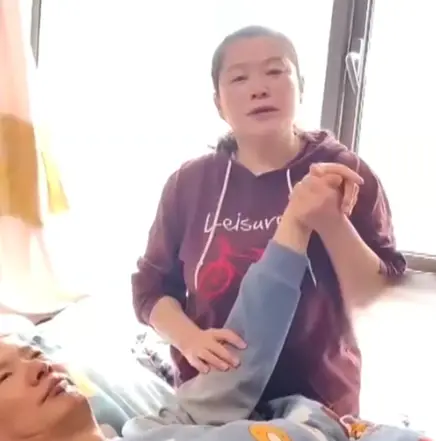
Public Reaction and Cultural Context:
The story has ignited a firestorm of admiration on Chinese social media platforms like Weibo, where hashtags such as #DecadeOfLove and #MiracleInAnhui have garnered over 50 million views.
“That is what true love is,” one user commented. Another wrote, “He married an angel,” reflecting a collective awe at Sun’s endurance.
Such narratives resonate deeply in China, where Confucian values emphasizing familial duty and spousal loyalty remain culturally significant.
Similar stories have periodically trended, including a 2023 case in Jiangsu Province where a wife’s three-year care roused her comatose husband, and a 2022 account of a three-year-old boy in Zhejiang who tenderly adjusted his unconscious father’s head on a pillow.
Broader Implications:
Sun’s saga has sparked conversations about the invisibility of long-term caregivers, predominantly women, who often sacrifice careers and personal well-being.
While China’s healthcare system has advanced, home care for critically ill patients remains a burden shouldered by families, with limited institutional support.
Advocacy groups have called for increased subsidies and counseling services, citing Sun’s story as a rallying cry.
Today, the family navigates a new chapter.
Sun’s husband undergoes intensive rehabilitation, relearning speech and motor skills, while their children, now adolescents, revel in rediscovering their father.
Though challenges persist, Sun’s message to others remains unwavering: “Love means never giving up, no matter how hard it gets.”
As medical teams study her husband’s case for insights into long-term coma recovery, Sun Hongxia’s name has become synonymous with hope—a reminder that even in the darkest of times, the human spirit can defy the unimaginable.




